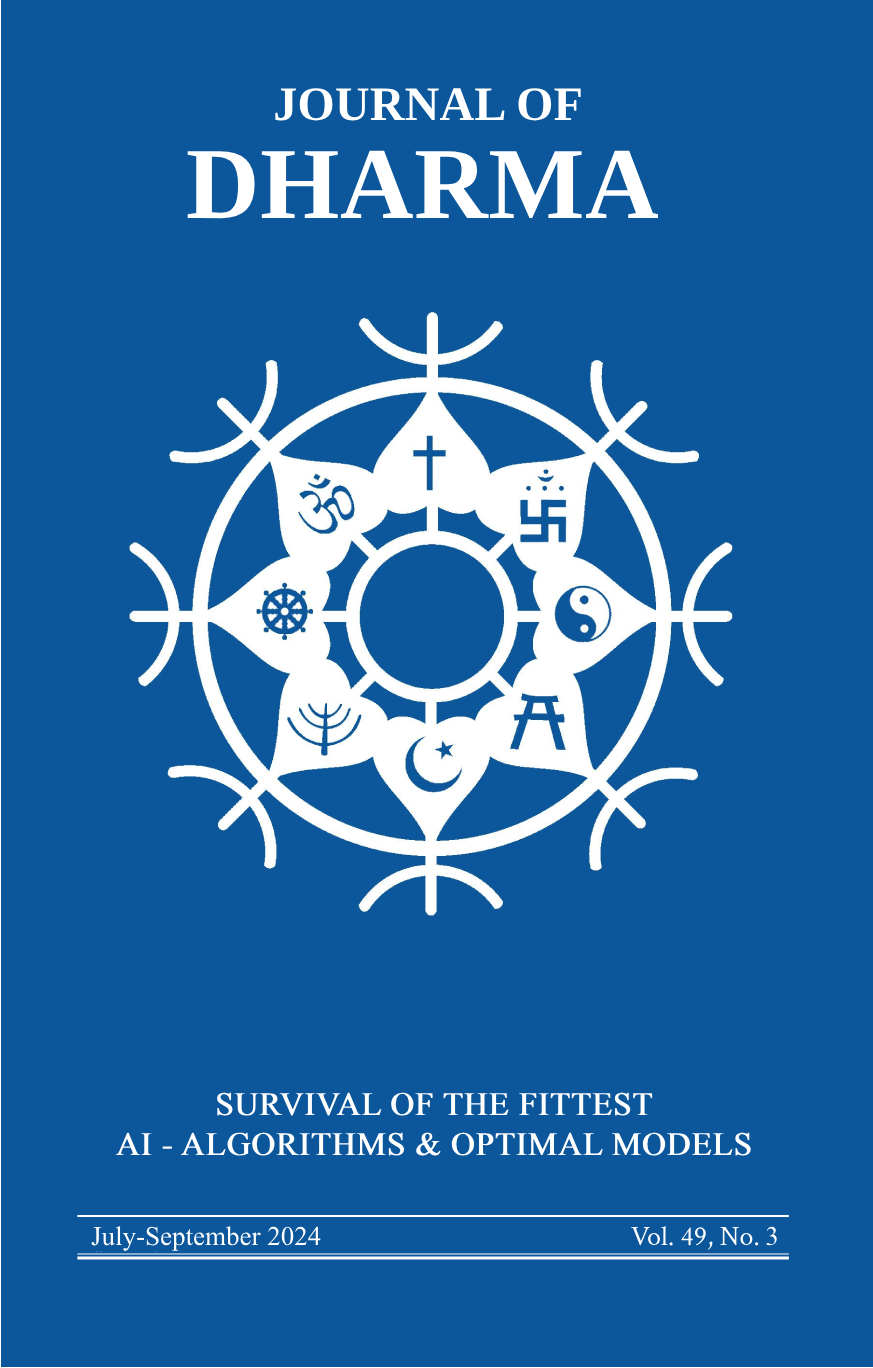REDEFINING CREATIVITY: THE EFFECTS OF ARTIFICIAL INTELLIGENCE ON HUMAN MUSICAL INNOVATION
Keywords:
Technology, Music, Artificial Intelligence, Creativity, Algorithmic, Copyrights, HumanAbstract
This article redefines creativity by examining the
implications of artificial intelligence on music production,
particularly in terms of ownership and copyright legitimacy. The
rise of AI has revolutionized music creation, enabling individuals
to compose music without traditional skills or prior knowledge,
thereby challenging fundamental legal principles such as
authorship and ownership. Ethical concerns regarding the
reliability of AI-generated music further complicate this evolving
landscape. The paper also explores how technology-driven
cultural sensitivity has transformed consumer behavior, drawing
on Roland Robertson’s theory of glocalization. The study’s
findings highlight that current copyright laws are insufficient to
regulate AI-driven music production, leaving critical legal
questions unresolved. While economic relationships in the music
sector remain defined, the research advocates for new legal
frameworks to safeguard human rights and creative freedoms in
the age of AI-enhanced music.
Downloads
Published
How to Cite
Issue
Section
License
Copyright (c) 2025 Journal of Dharma

This work is licensed under a Creative Commons Attribution-ShareAlike 4.0 International License.

